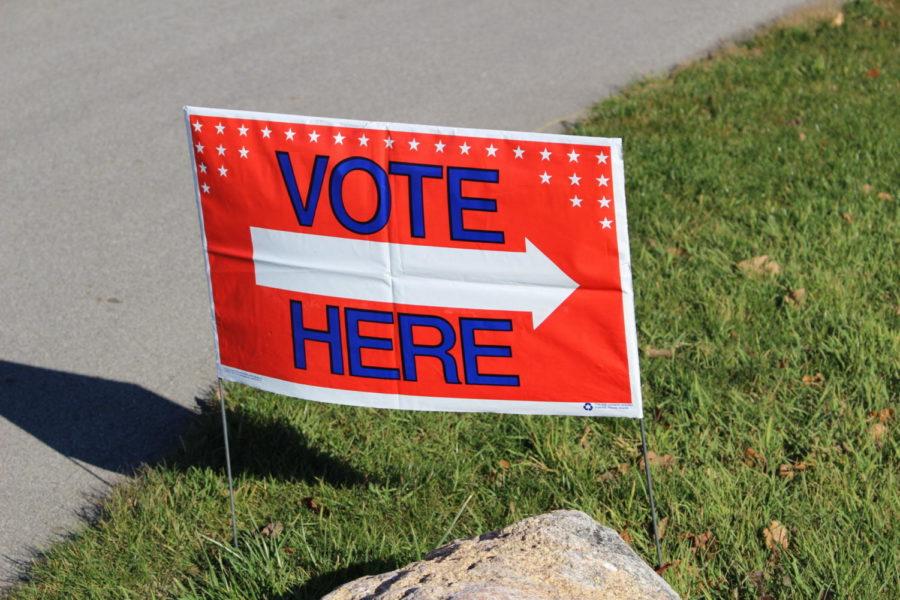Hamel: Citizens should exercise their right to vote
Columnist Peyton Hamel urges students to exercise their right to vote ahead of the 2020 presidential election. Hamel believes those who choose not to vote are disregarding their privileges of citizenship and not contributing to issues that impact their lives.
November 5, 2019
There is no such thing as not voting; not voting is a vote. According to the Census Bureau in 2018, only 53 percent of the citizen voting-age population voted in 2018, which actually had the highest midterm turnout in the last four decades.
Nearly half of all United States citizens fail to turn in a ballot every election. Although not voting is a vote, it does not mean it is the best possible voting option.
Does not turning in a ballot disrespect our constitutional privileges as United States citizens? Are we disrespecting our voting rights which various ethnic, racial and underrepresented groups in the United States fought to obtain?
In every respect, yes. Despite women being an integral part of society for over four centuries, white women were granted the right to vote only a century ago on August 18, 1920 through the 19th Amendment (which was passed by Congress on June 14, 1919). Citizens of color, especially women, were denied their rights to vote up until the Voting Rights Act of 1965.
Ladies, we have hit a century of voting rights, yet we are not taking advantage of these rights to change our system. One hundred years is minuscule compared to the political history and the development of what we now call the United States of America.
The whole United States population could begin voting in 1965. Half a century is an even smaller window of time. Half of the population is not exercising their right to vote by submitting a ballot.
We are defiling our privileges of citizenship by not voting. While not voting is a vote, not voting also does not contribute to enhancing political discussion on many controversial issues that are left unresolved. These can include, but are not limited to, abortion, access to health care, gun violence, immigration policies, opioid restrictions, marijuana policies and mass incarceration practices.
However, is it better to vote uneducated and exercise your right or not vote at all? Are you your own influencer or is it your culture and upbringing? Do you fact check your family, friends or even the news?
One of our major flaws as Americans is that we lack political awareness and we allow our influence to be smothered by someone else’s. Is the missing 47 percent of votes from the lack of political awareness or the lack of confidence in the impact of a single vote?
Democracy is a political system enacted through majority vote, yet barely the majority of citizens do not participate. Every vote counts despite those who think the system cannot change based off of a single vote. One vote does not make the difference, but one vote is all it takes to incite the change and redirect the opinion, forcing the discussion.
Your influence counts. Your education counts. Your political action counts.
Our political awareness as a country needs to improve and expand. Uneducated decisions are costing our country and our people time and harm. Instead of making educated decisions, people resign themselves to no opinion or align their opinions to a single side without examining the counter arguments.
Discussions concerning politics are therefore more commonly unproductive than not. Change will never occur if these conversations persist. Each policy enacted impacts our lives, yet most United States citizens are unknowledgeable about the policies influencing day-to-day life. Political discussions are not meant to be aggressive or disparaging — they are meant to be educational and cooperative.
Ask yourself: who are the main Republican and Democratic candidates for the upcoming 2020 presidential election? What are the main controversies and talking points? How are they different? How do I want to be impacted? Which candidate, even if they are not one of the top candidates, suits my lifestyle and decisions? Am I educated? Am I properly exercising my right to vote?
Know your rights. Voting is one of them.

















